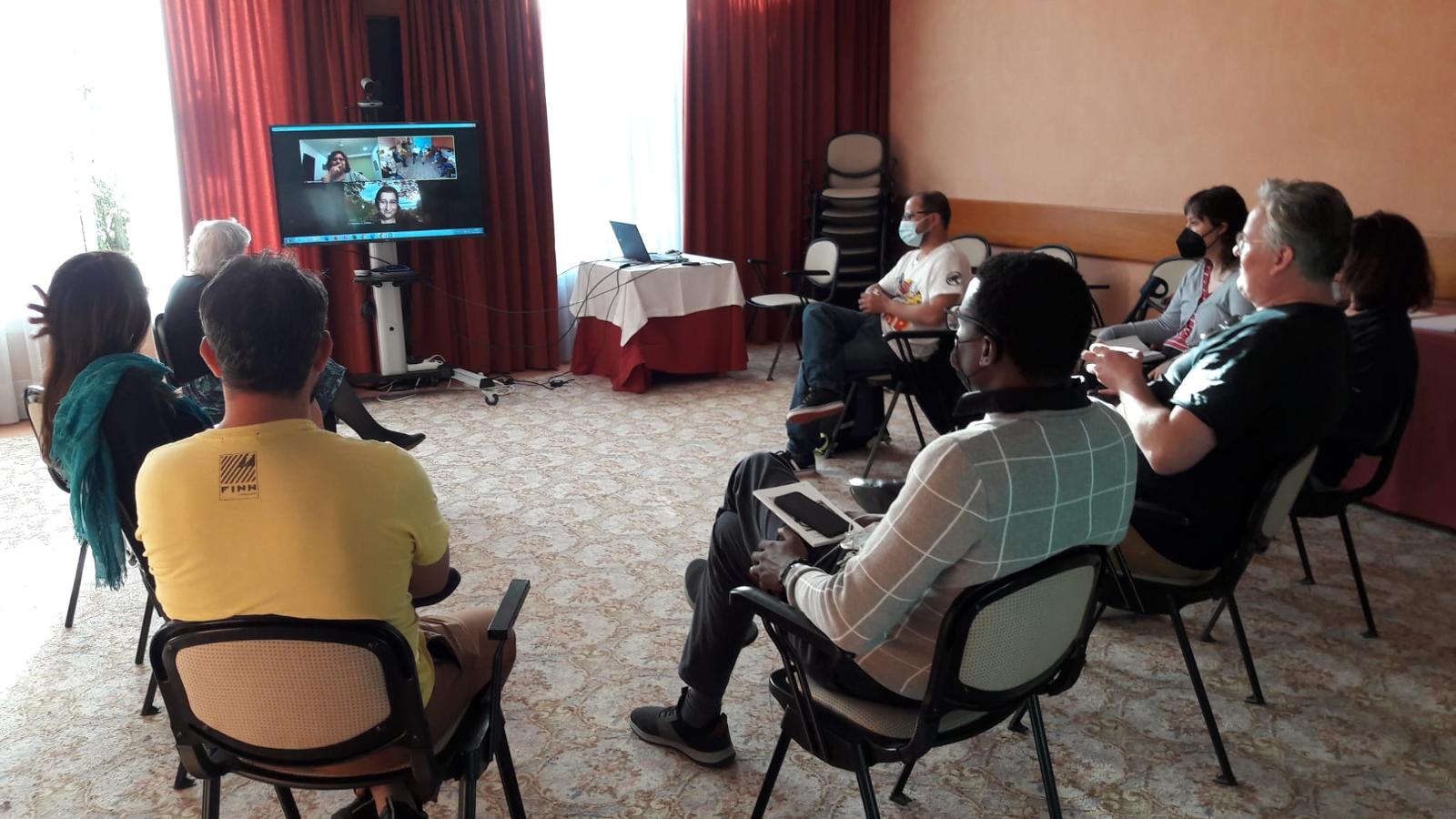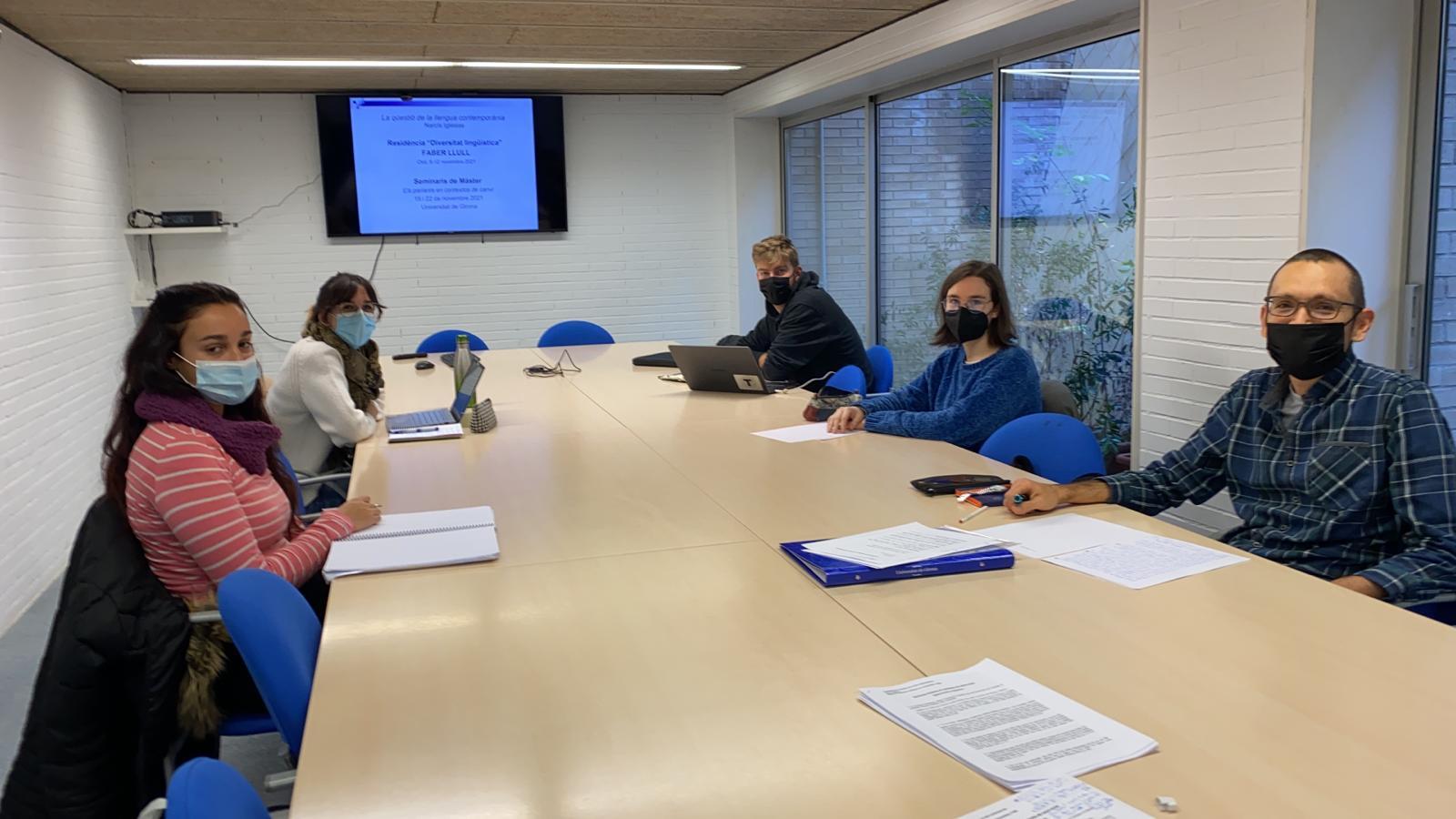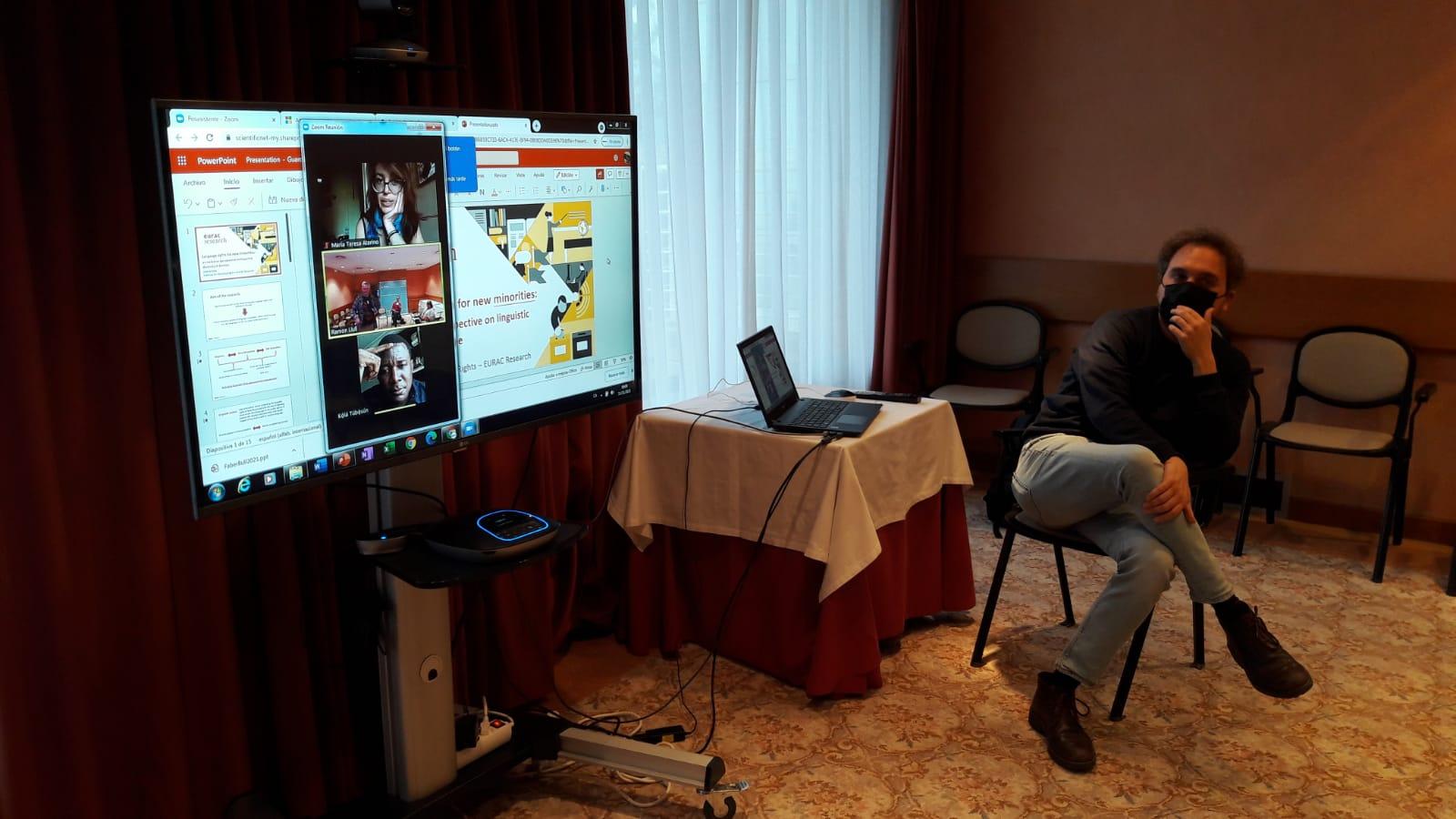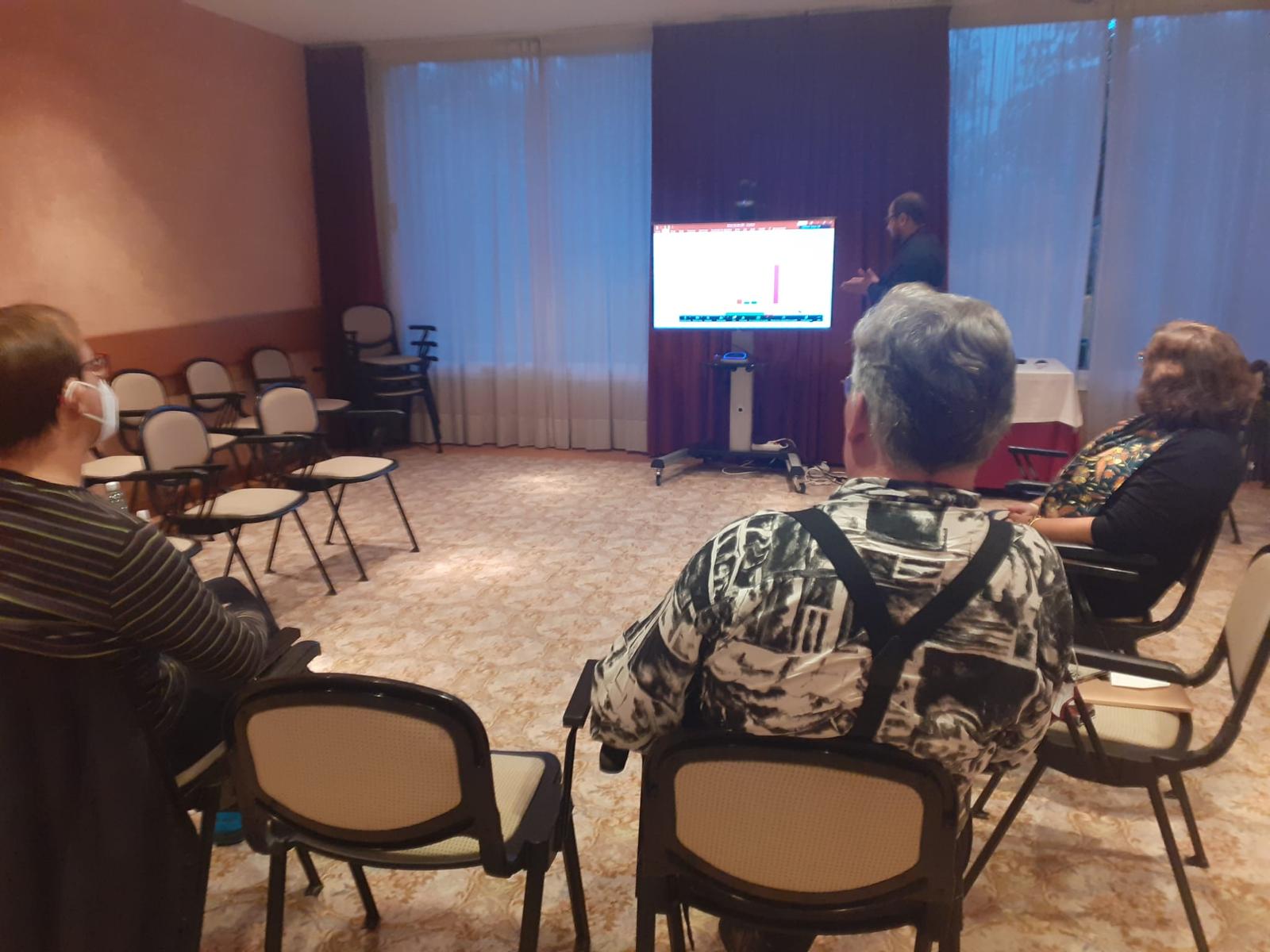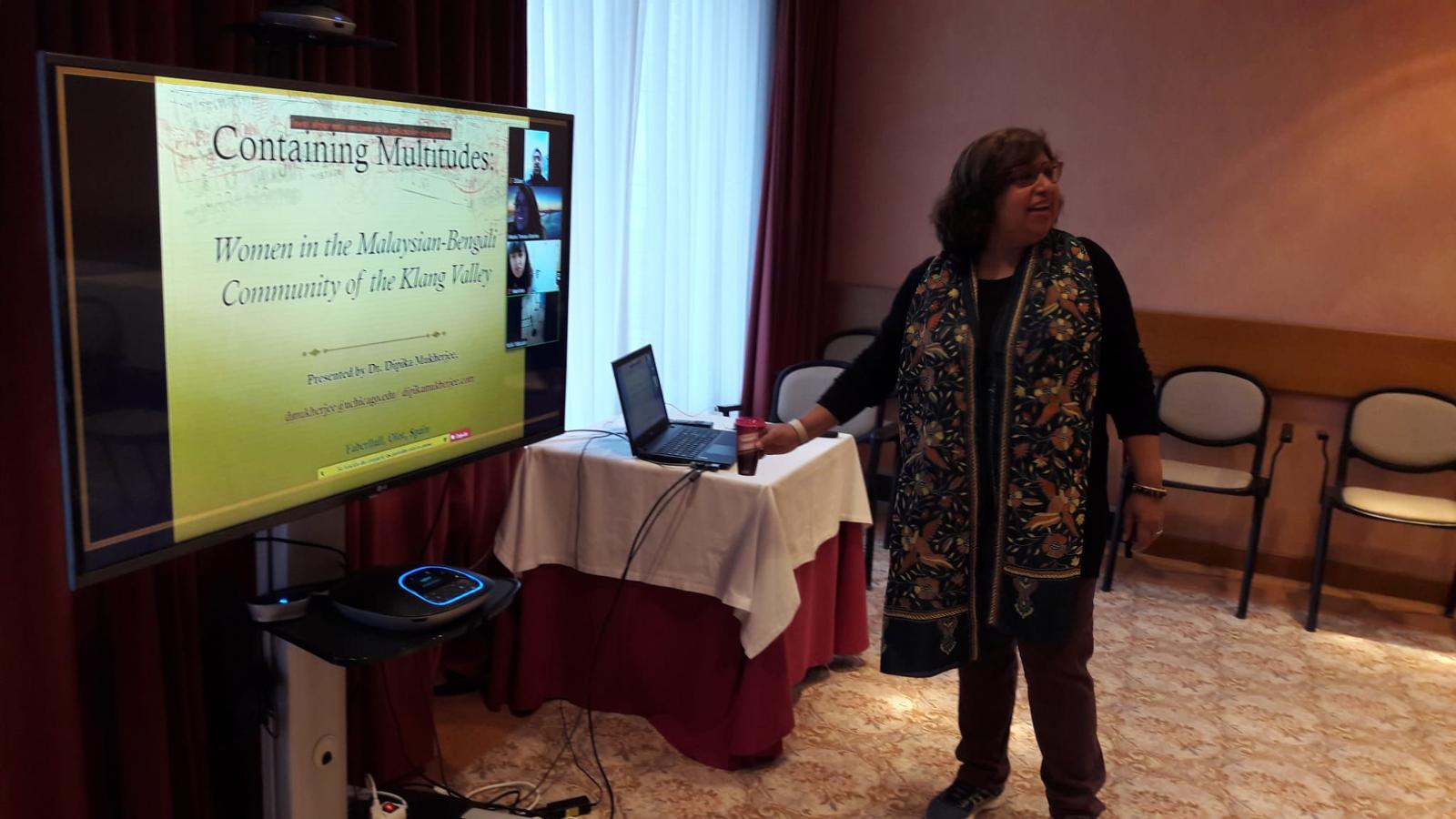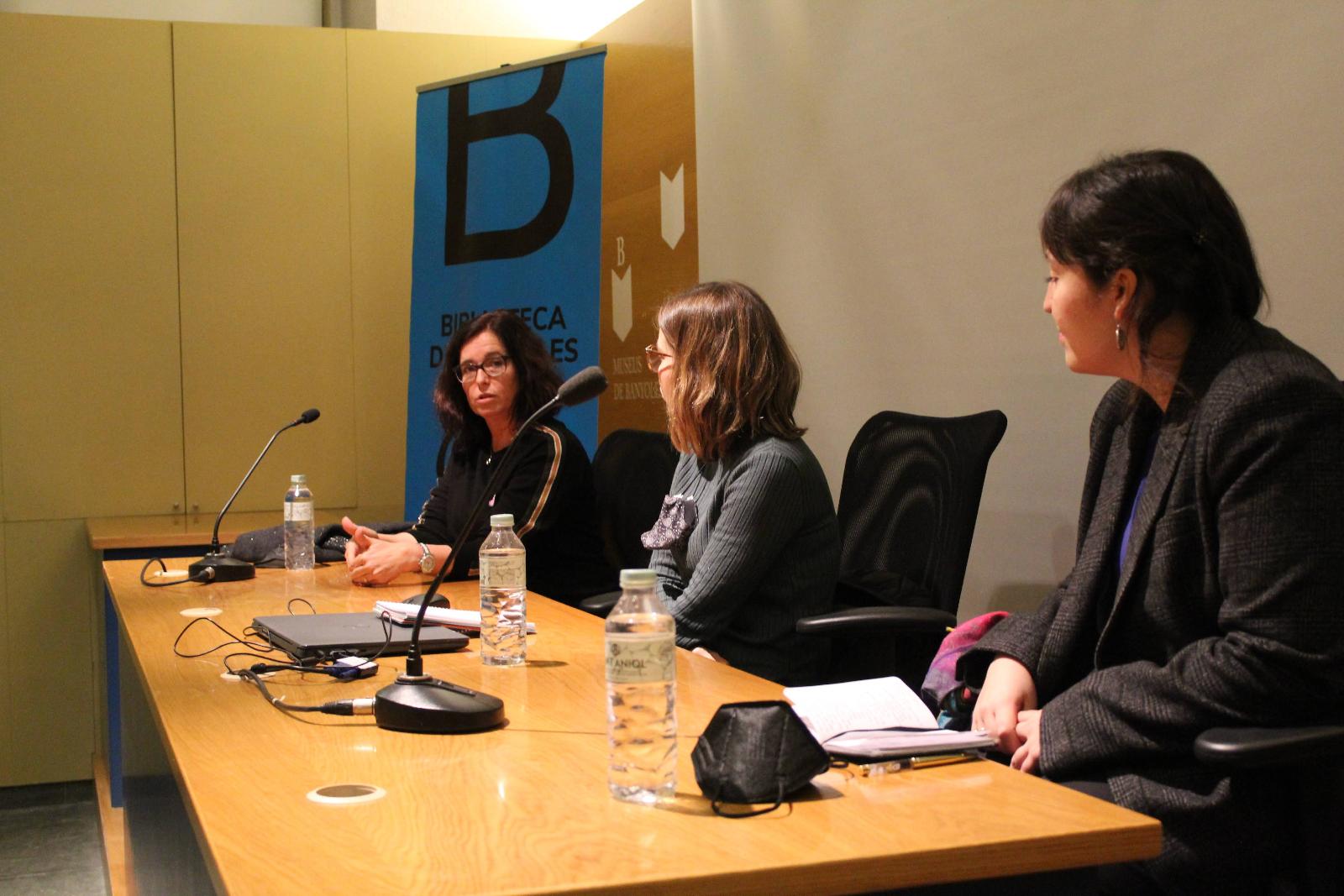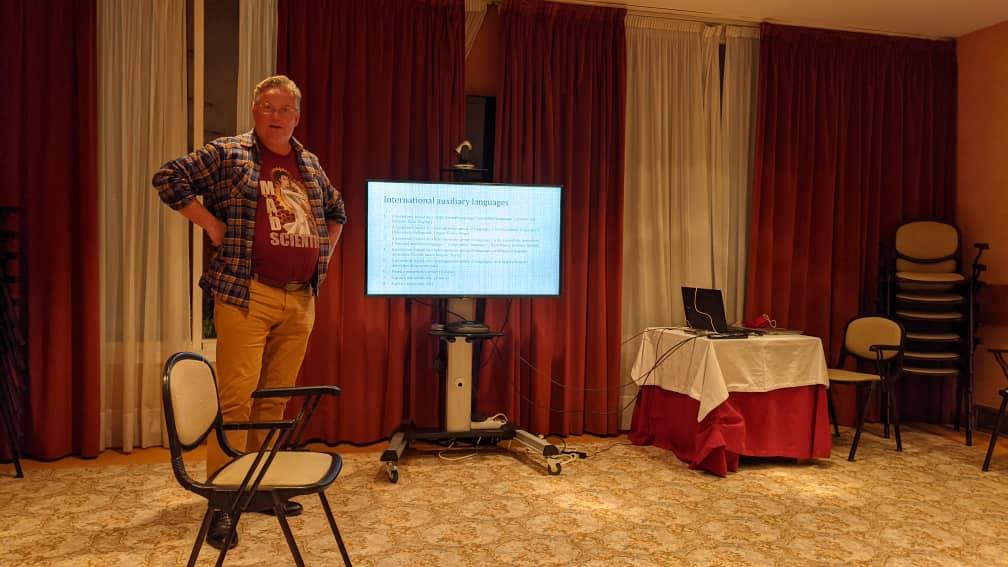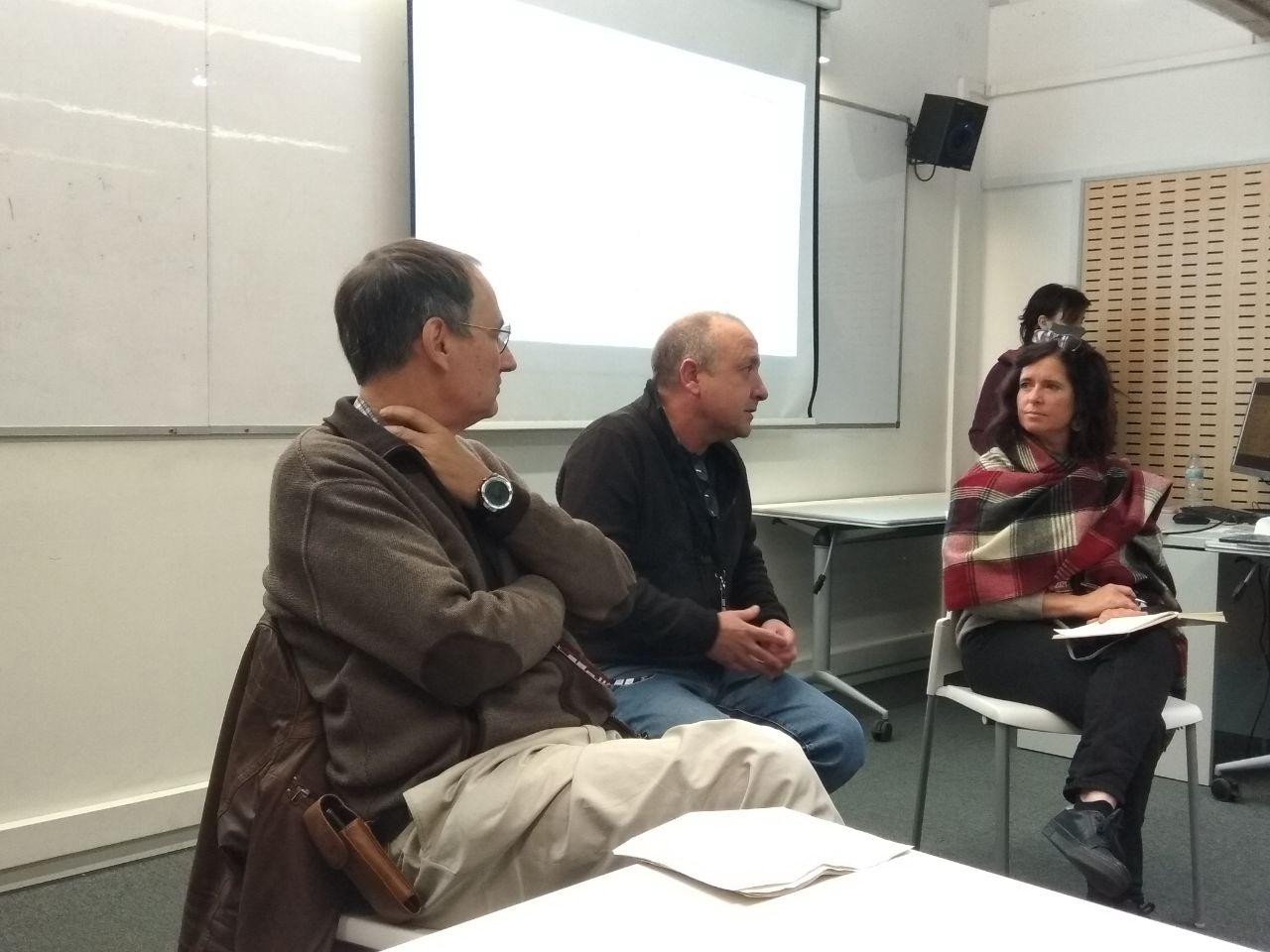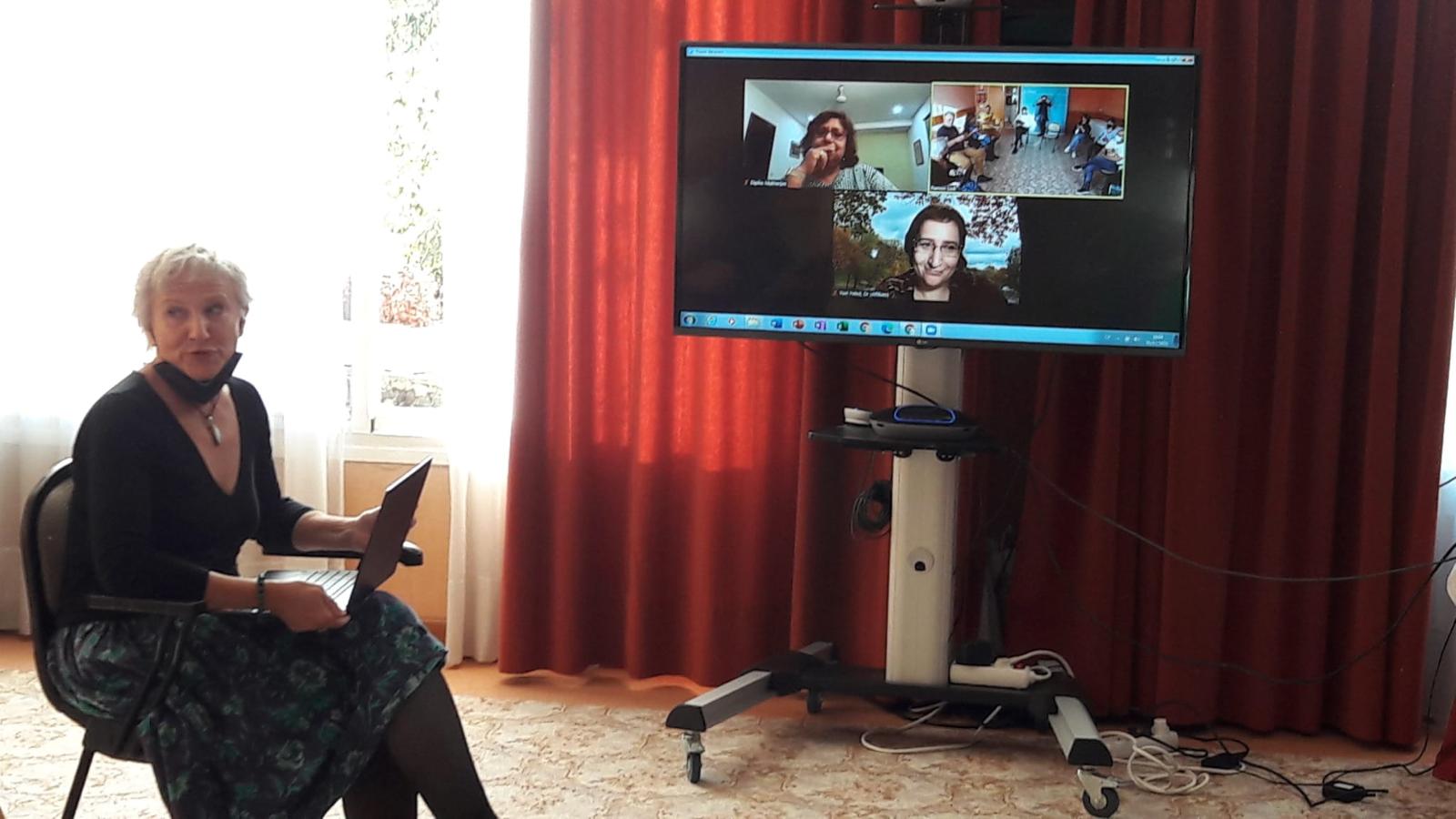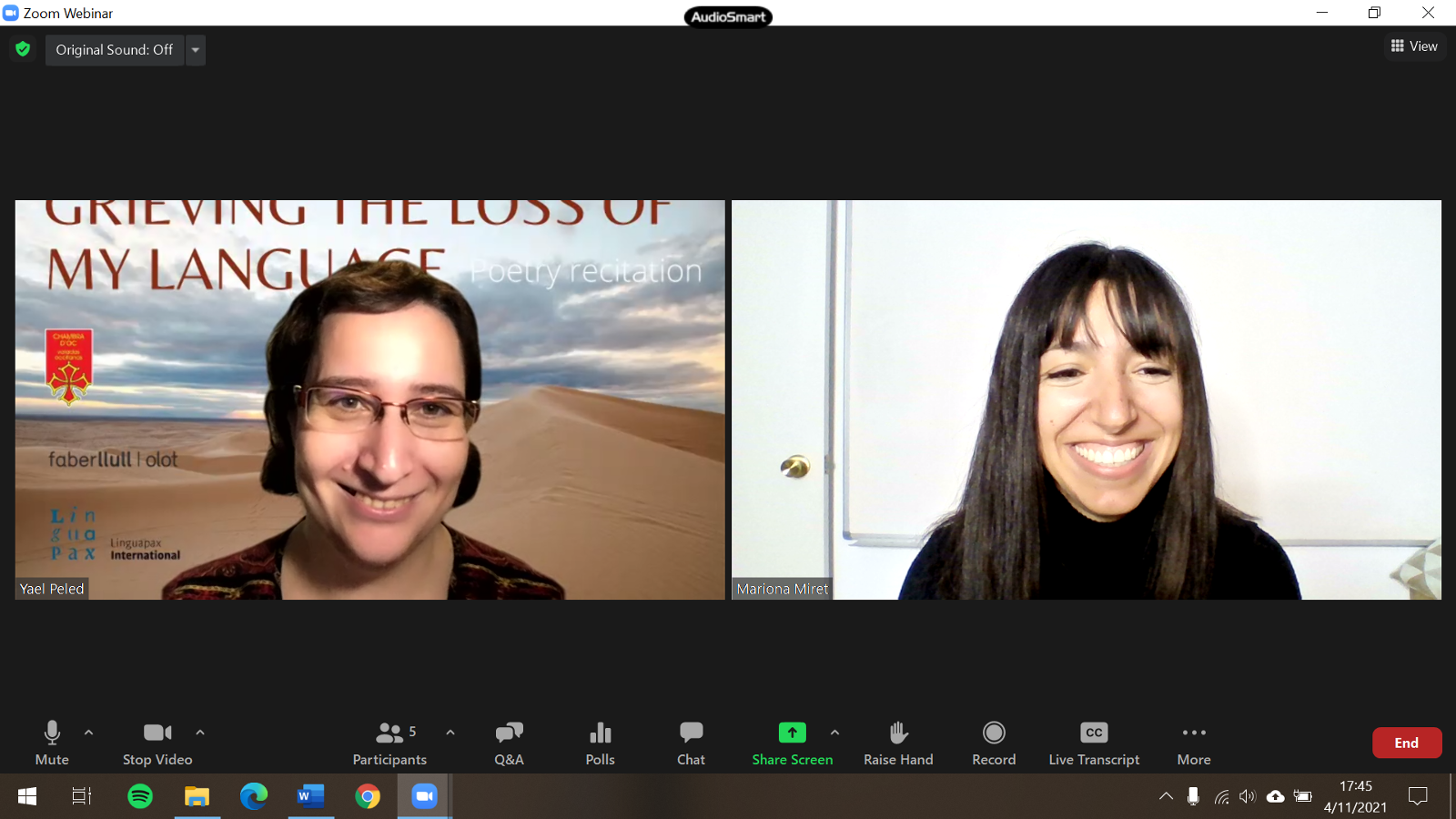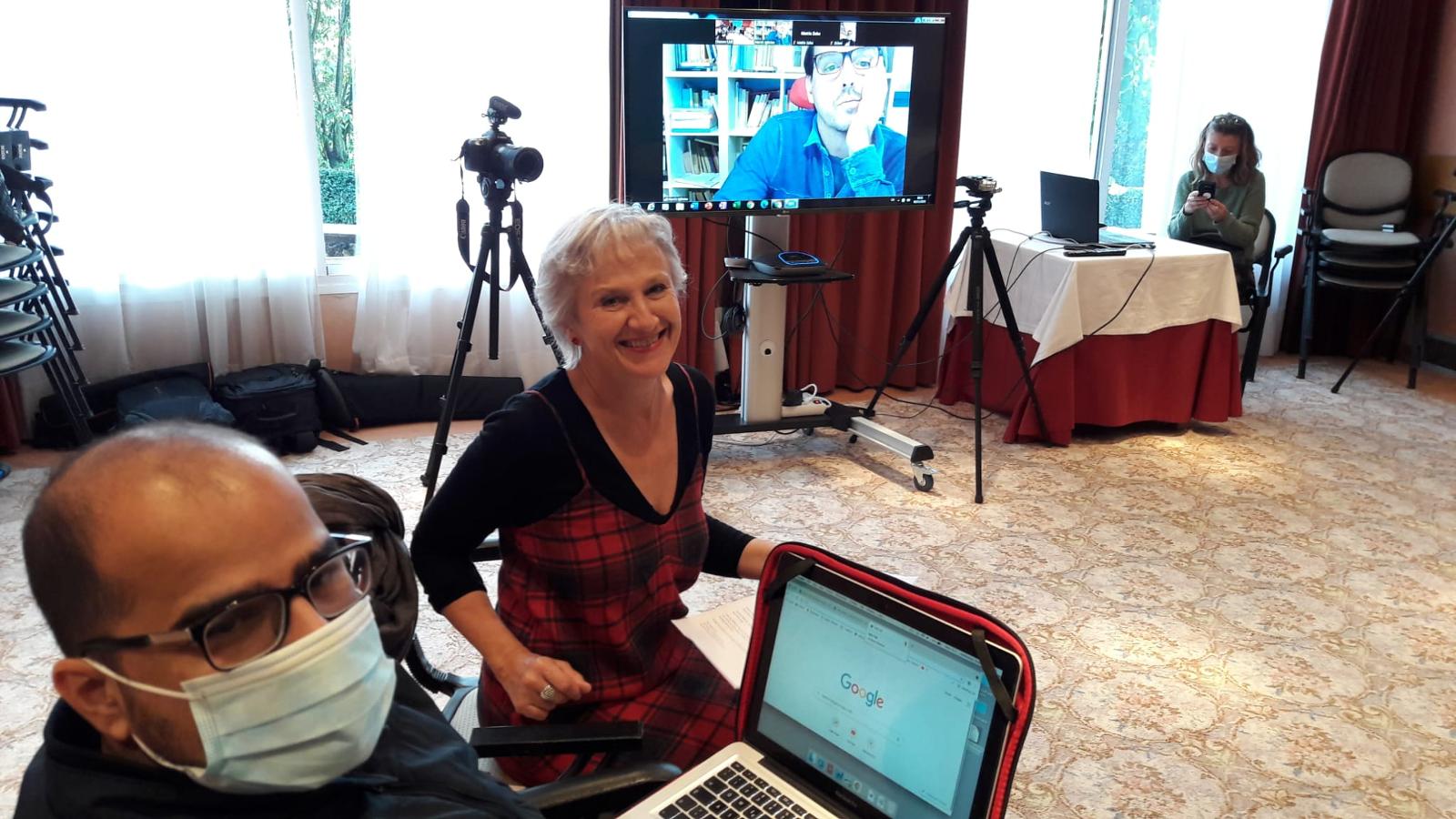Collective residencies / Olot
LINGUISTIC RIGHTS II
From Tuesday, 2 November 2021 to Friday, 12 November 2021

Linguistic diversity
The focus of this residency is the continuation of the language rights residency that was held online in 2020 due to the global pandemic. This second edition will be face-to-face and will be attended, among others, by some of the residents who already participated virtually last year.
Linguistic rights are a basic human right, on an individual and collective level. Rights that affect our options for personal, social, economic and cultural development. The linguistic diversity we experience, and share time and space with, has marked the history of humanity. As has the loss of this diversity, the lack of these rights. Linguistic diversity helps us understand how we look at the world and the other people and societies who share it with us. Languages forge identities, bonds of growth and translations that are vehicles for various paths of creation and contribution. Today, the world is estimated to have between 5,000 and 6,000 languages. This cultural biodiversity is just as endangered as our biological biodiversity, as are other forms of cultural expression.
At faberllull, we pose questions such as: Is there enough consideration in the world for the human and civil rights associated with the individual and collective right to choose the language or languages we wish to communicate in? Is forced cultural homogenisation rebuffed? What defines the concept of a territory’s own language? Is there sufficient recognition of individual linguistic rights (right to be recognised as a member of a linguistic community, right to public and private use of a language, etc.) and collective linguistic rights (right to cultural services, right to fair presence of the language and culture in the media, etc.)?
At faberllull, we want to reflect on the value of linguistic diversity and to do with everyone who has a project on linguistic rights. So, we’re launching a call for activists who defend cultural and linguistic diversity, revitalisation and critical anthropology agents, linguists and anthropologists, researchers working in this field. The projects must follow the lines of work and thought described above.
Residents
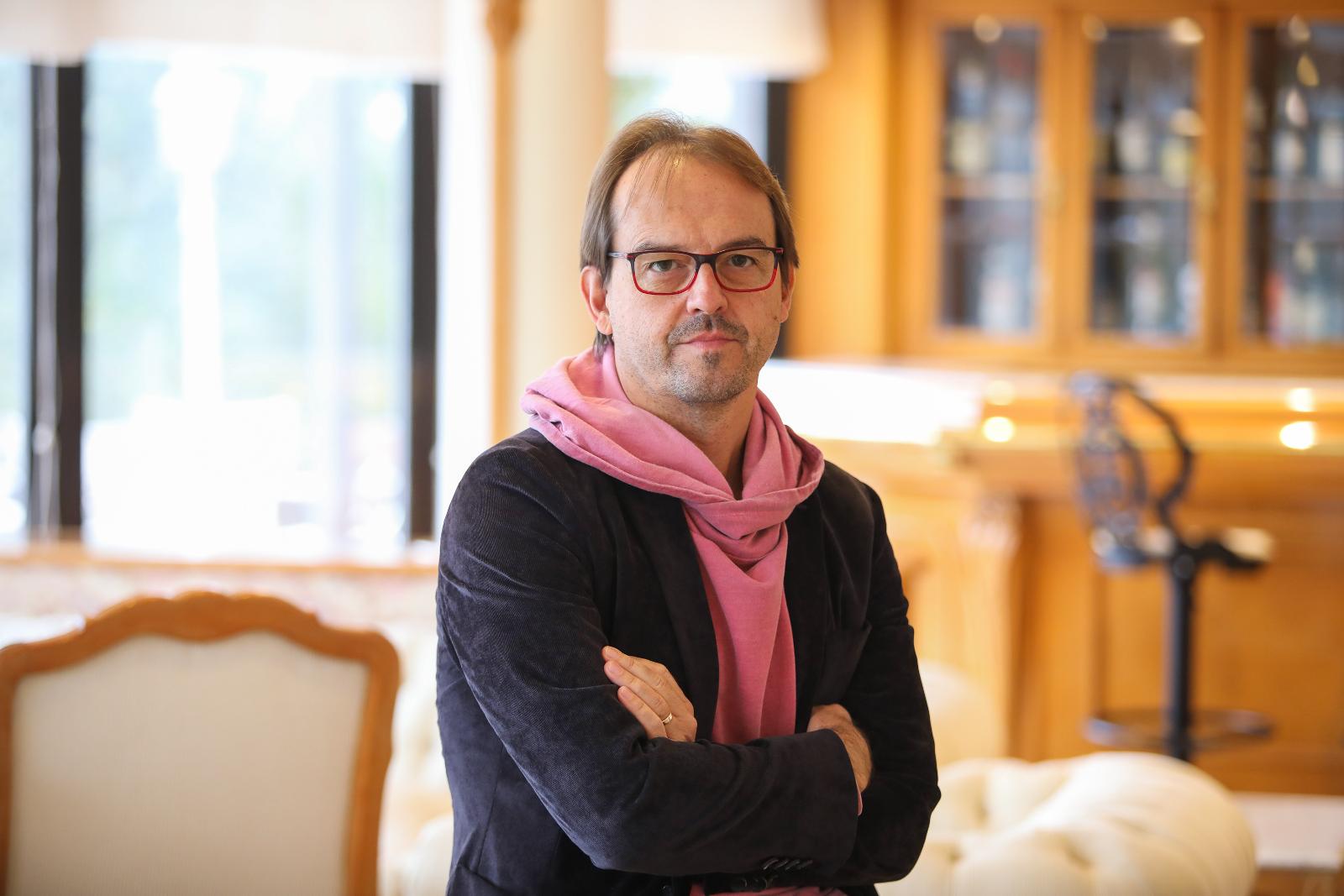
NARCÍS IGLÉSIAS FRANCH
Associate Professor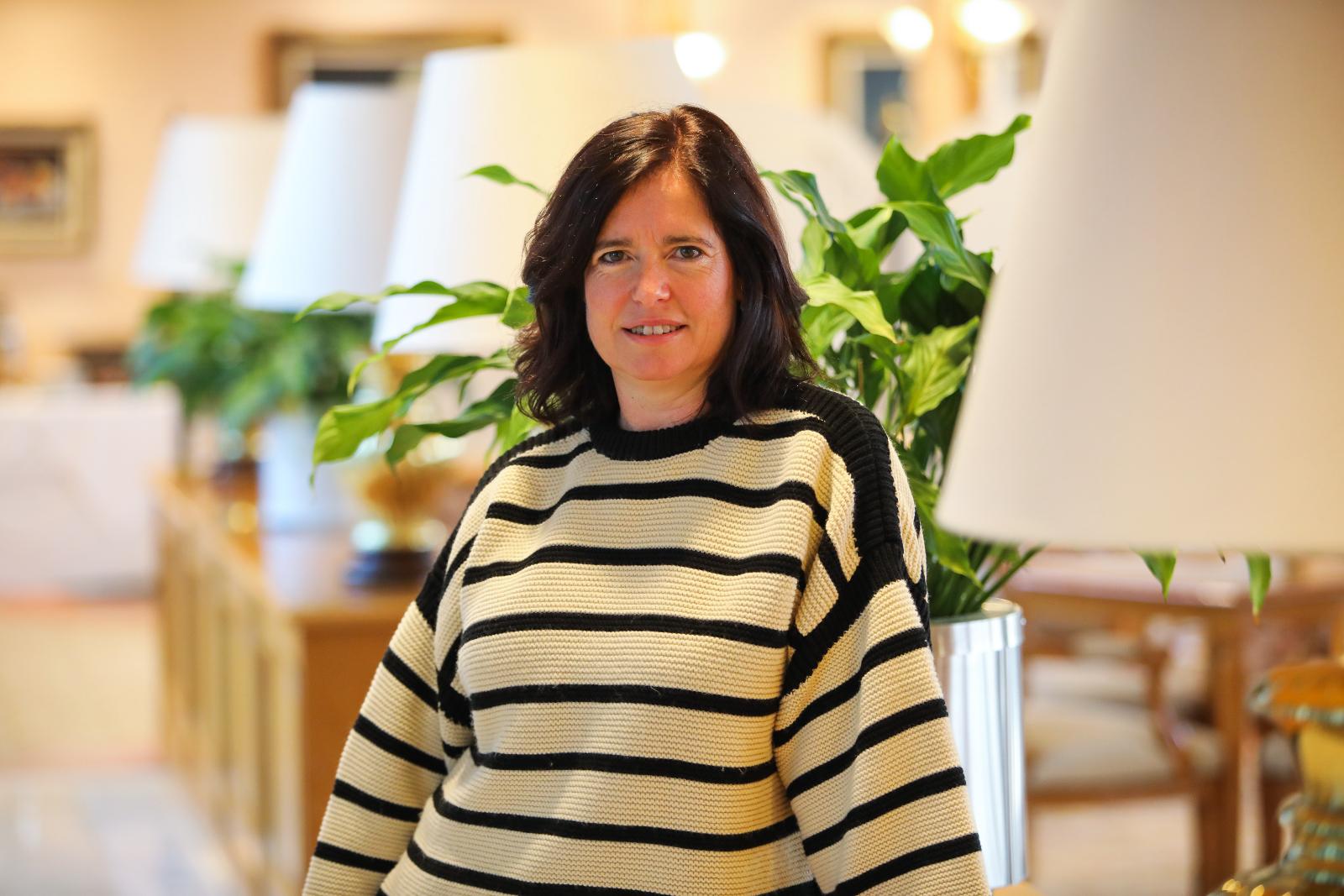
MAITE PUIGDEVALL SERRALVO
Sociolinguist, Senior Lecturer at UOC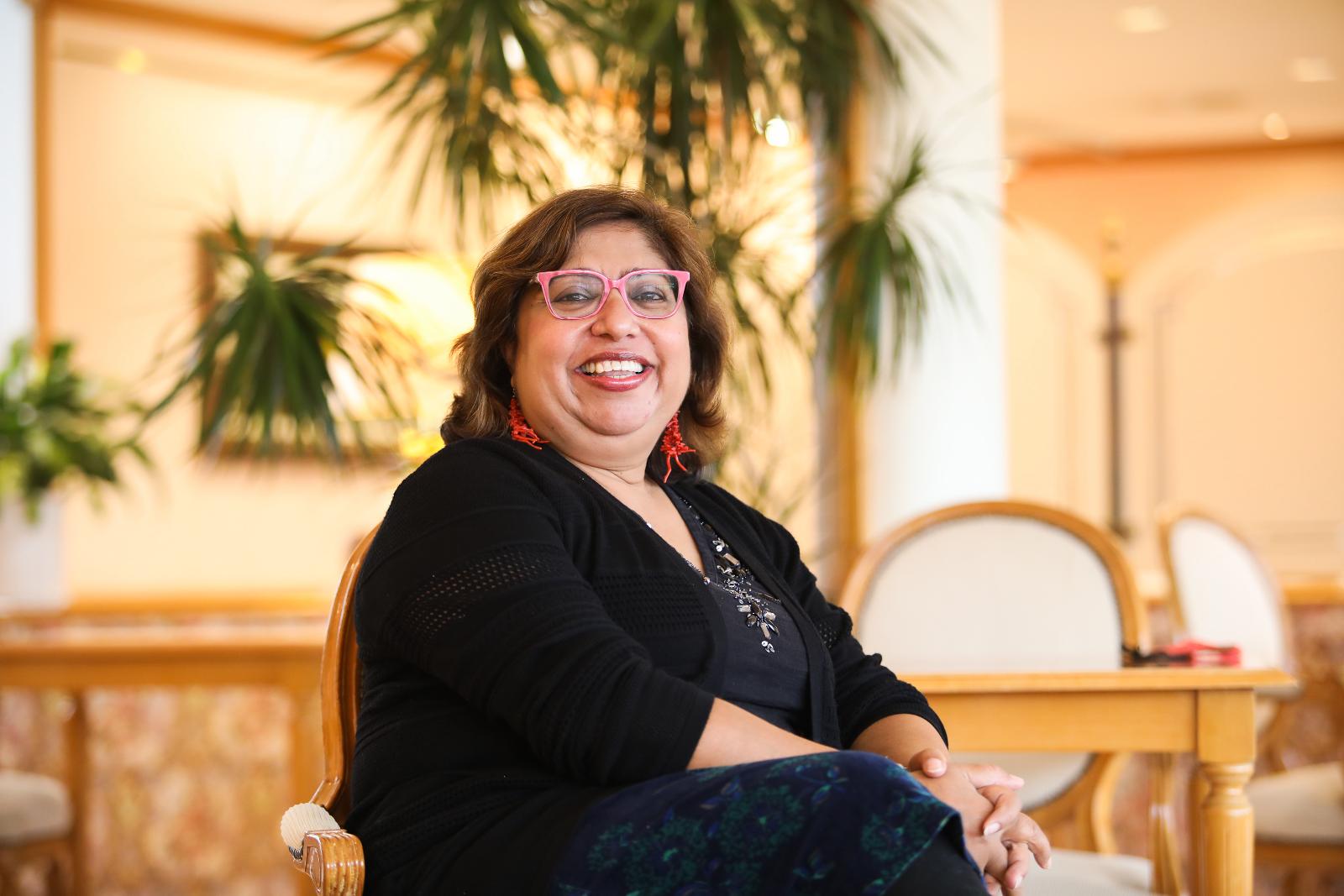
DIPIKA MUKHERJEE
Writer and Sociolinguist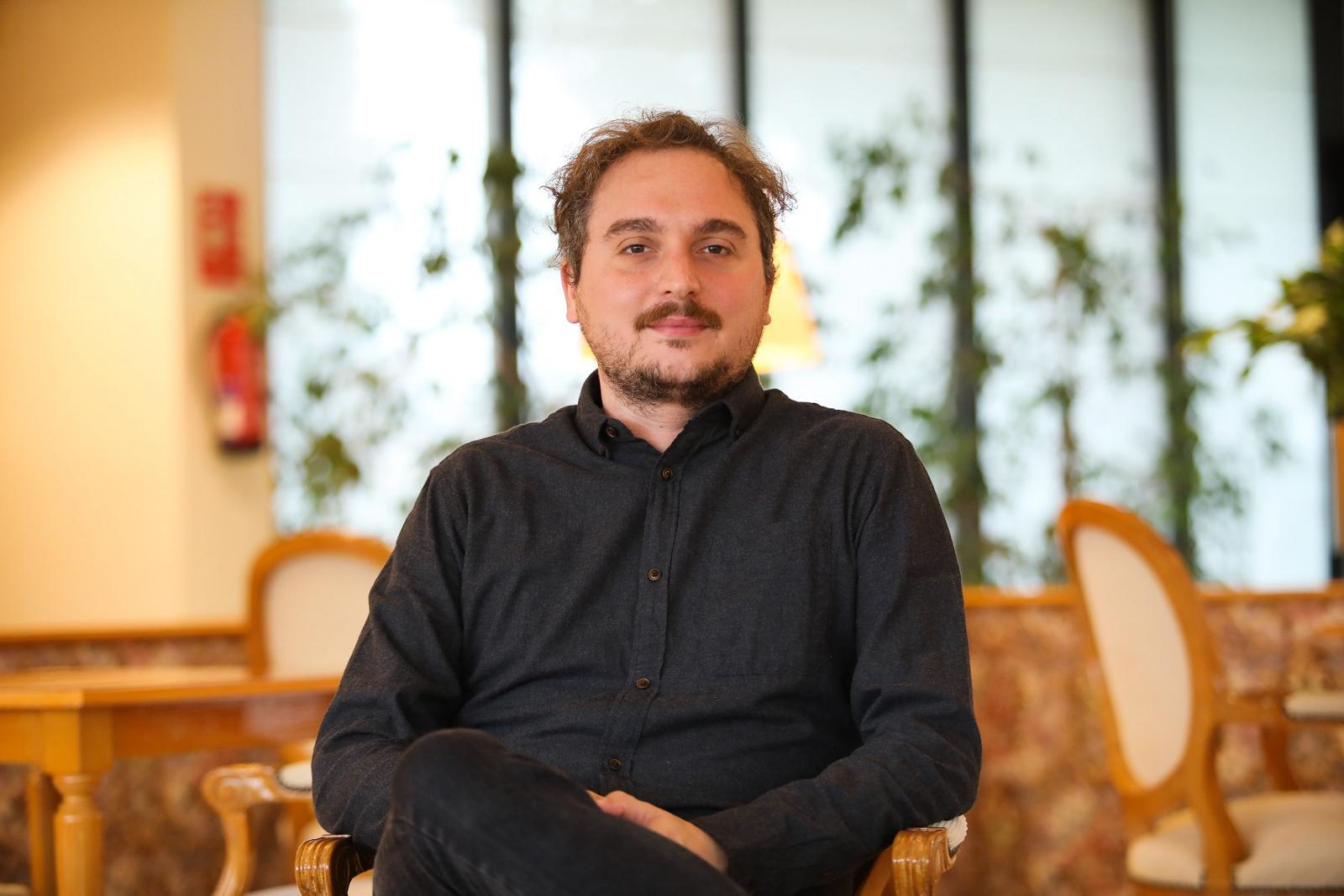
MATTIA ZEBA
PhD Candidate,University of Trento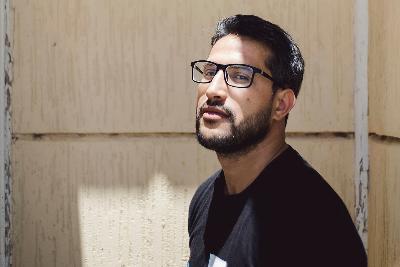
EL KHEYER ZIDANI
Scrip writer and Director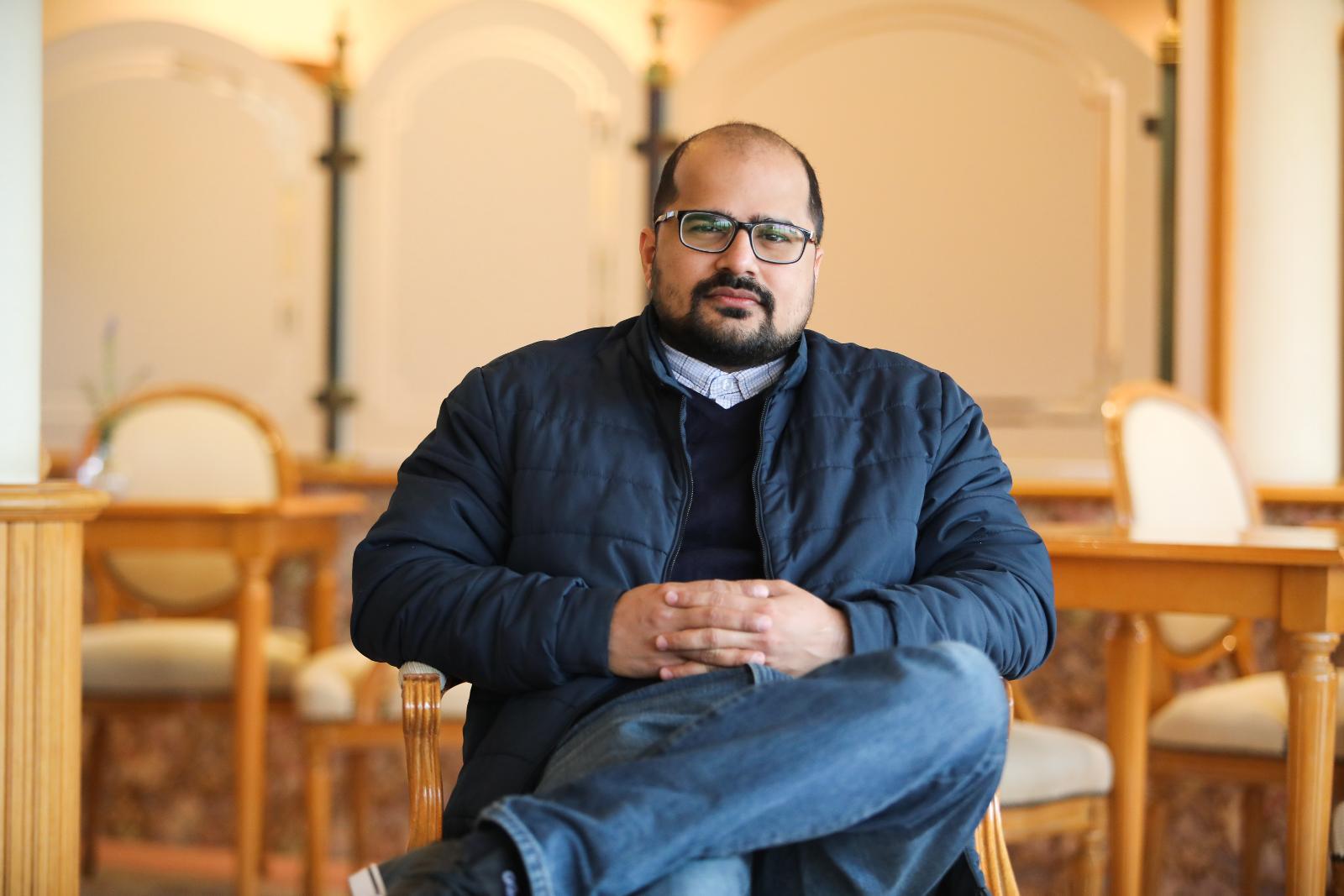
ABHIMANYU SHARMA
Assistant Professor, JNU, New Delhi
KỌ́LÁ TÚBỌ̀SÚN
Writer and linguist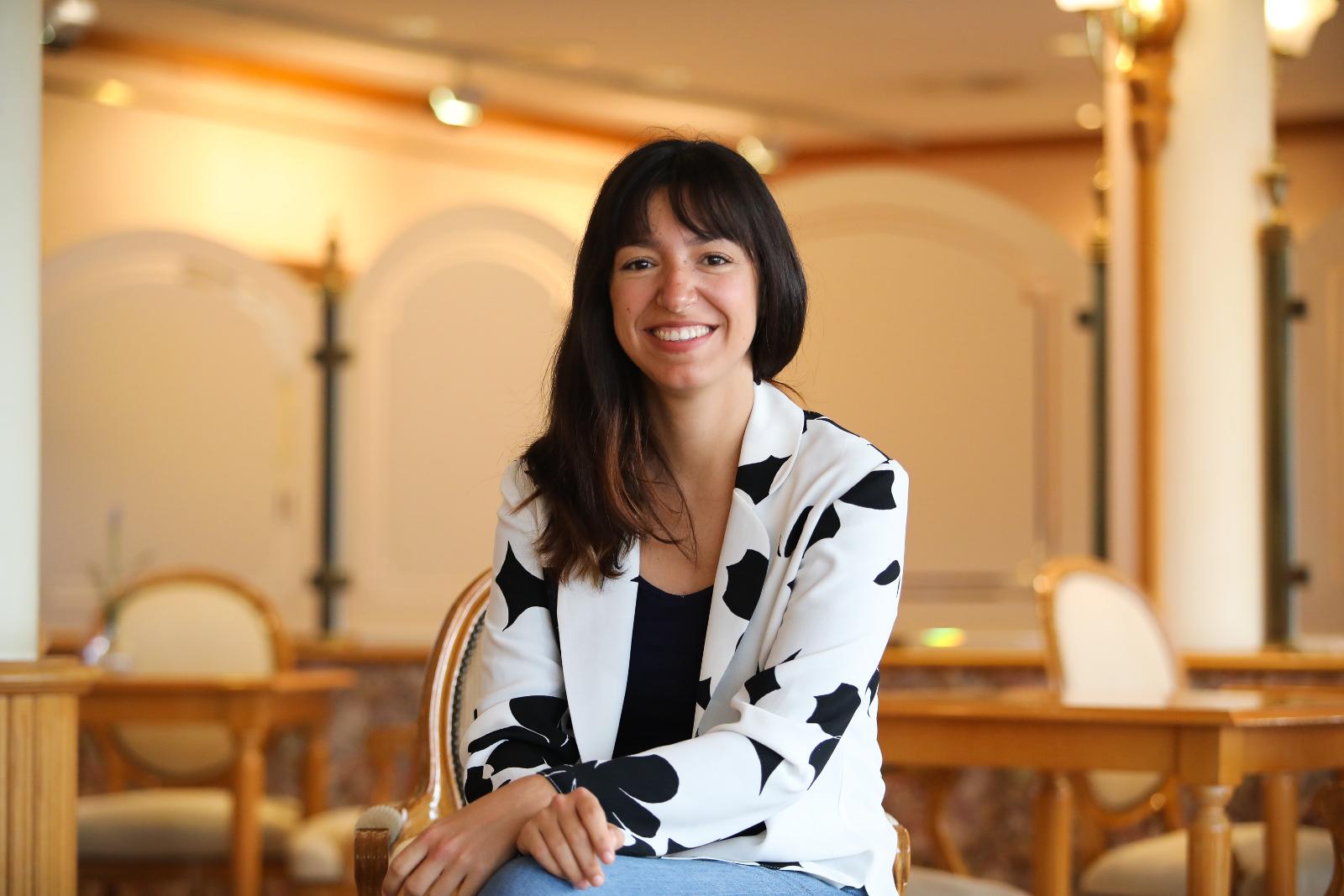
MARIONA MIRET GIRIBET
Activist for minority and indigenous languages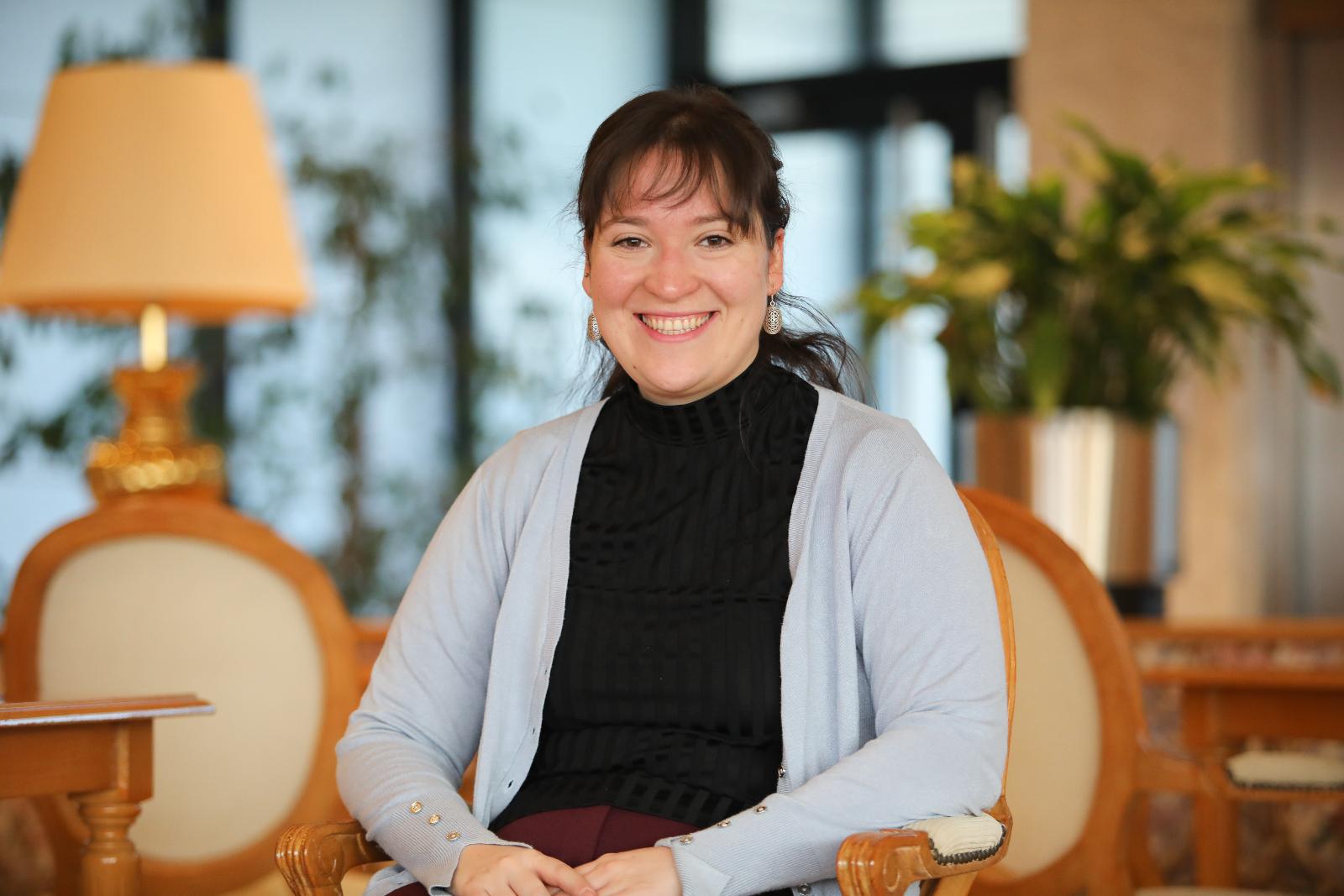
MACARENA DEHNHARDT AMENGUAL
Estudiant de doctorat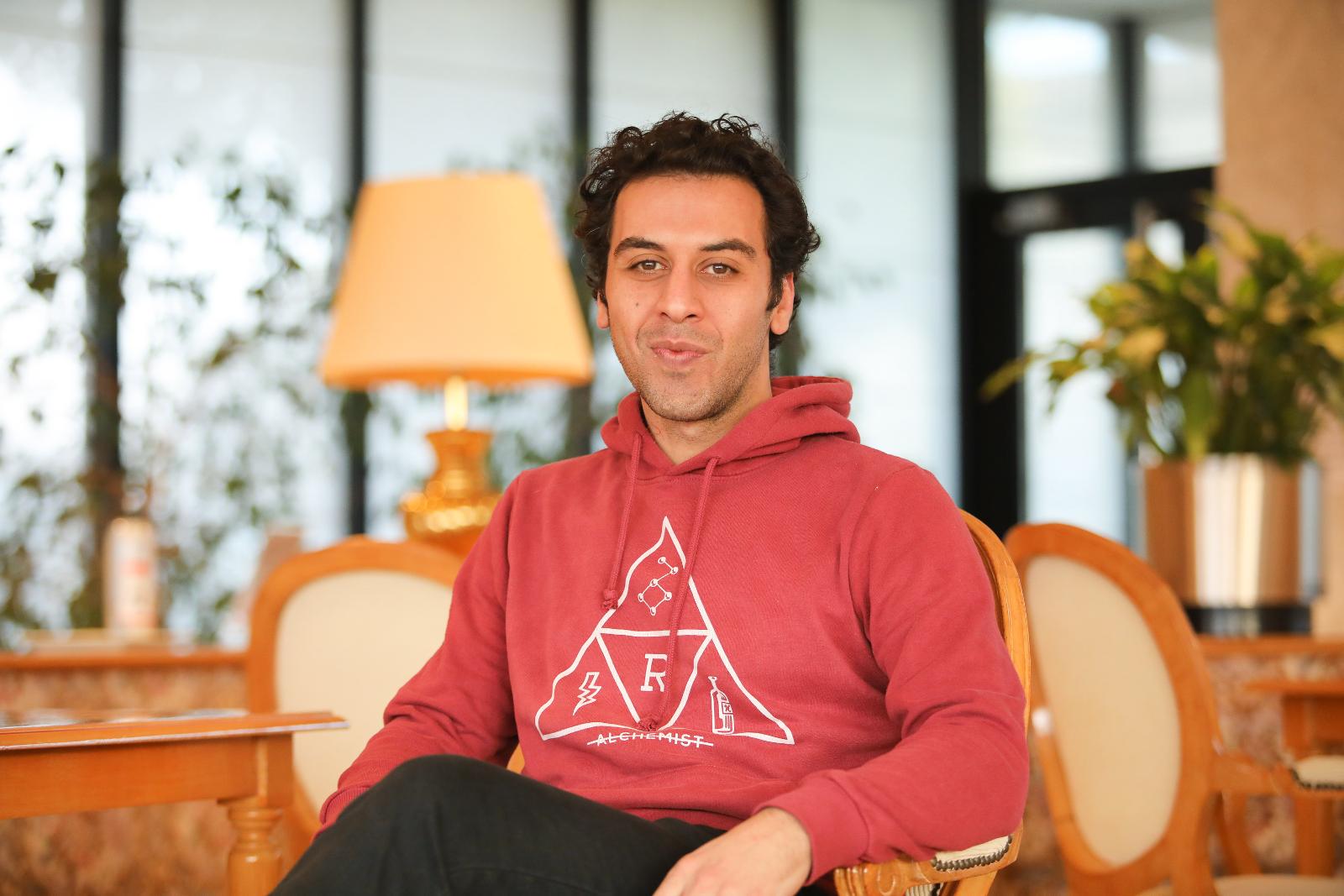
AMMAR OBEID
Cineasta i investigador entre la llengua i la cultura japonesa i àrab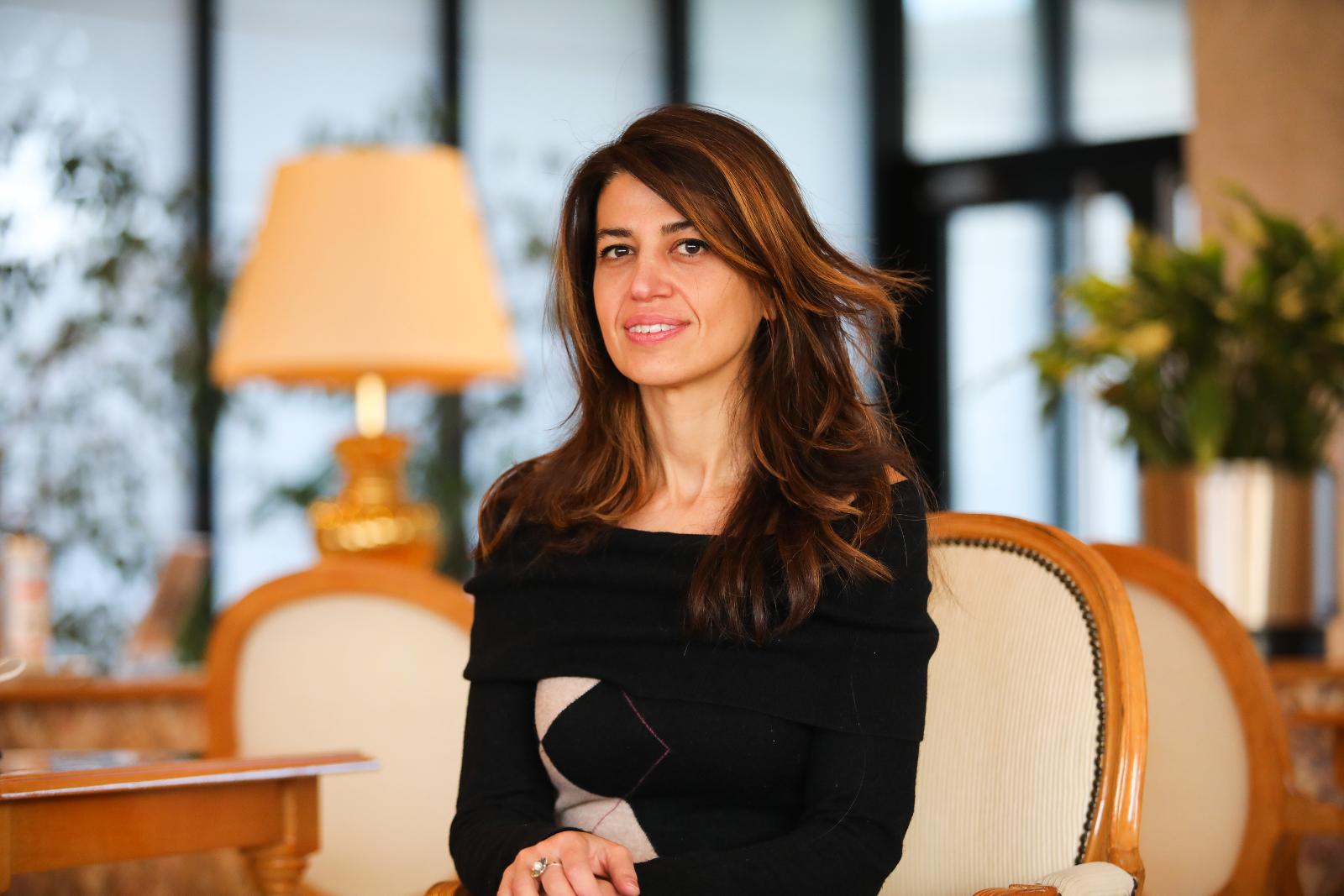
MARIA TERESA ATORINO
Teacher, Researcher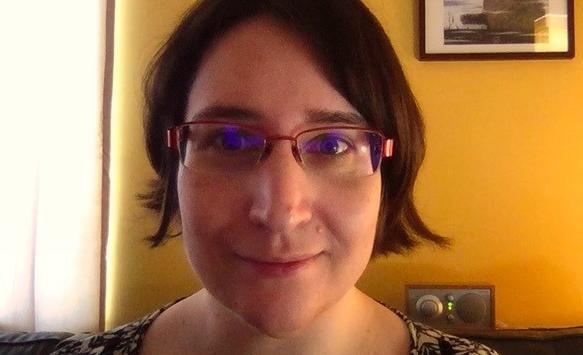
YAEL PELED (ON LINE)
Research Associate, Faculty of Medicine, McGill University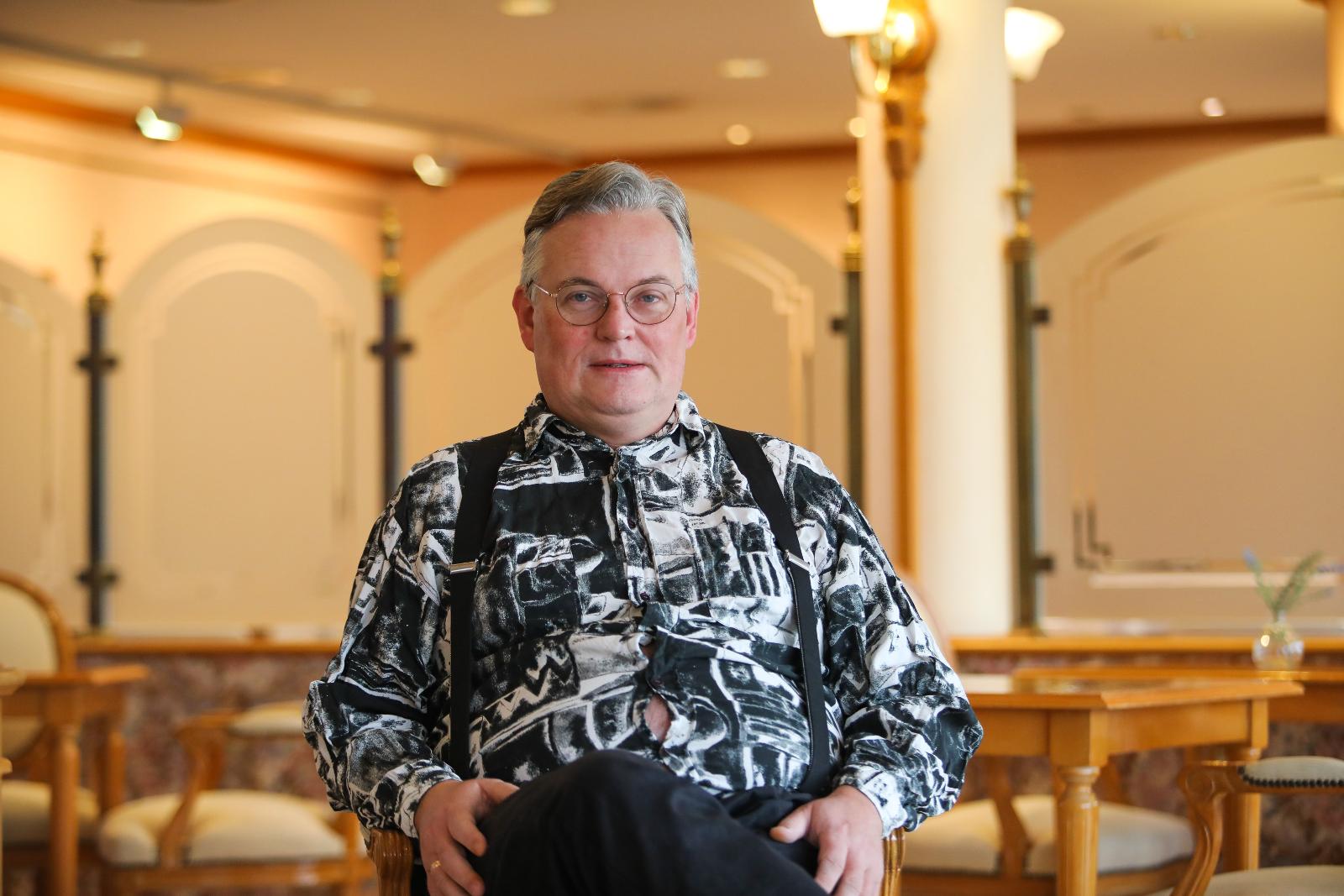
JOHANNES HENDRIK VAN STEENBERGEN
Translator, interpreter and lecturerOpinions
What residents are saying about us

Estudiant de doctorat
MACARENA DEHNHARDT AMENGUAL
Linguistic Rights in Faberllull: The experience of connecting with Catalonia and opening perspectives After the pandemic and lockdown year of 2020, connecting with the real (and not virtual) world became a yearning that I was indeed able to achieve ...
+ info
Writer and linguist
KỌ́LÁ TÚBỌ̀SÚN
A Home Away from Home: My Experience at Faber Llull, Olot My work in Nigeria, in linguistics and language activism, is often technical, requiring my voice and presence — online or offline, networking with people, and participating in relevant ...
+ info
